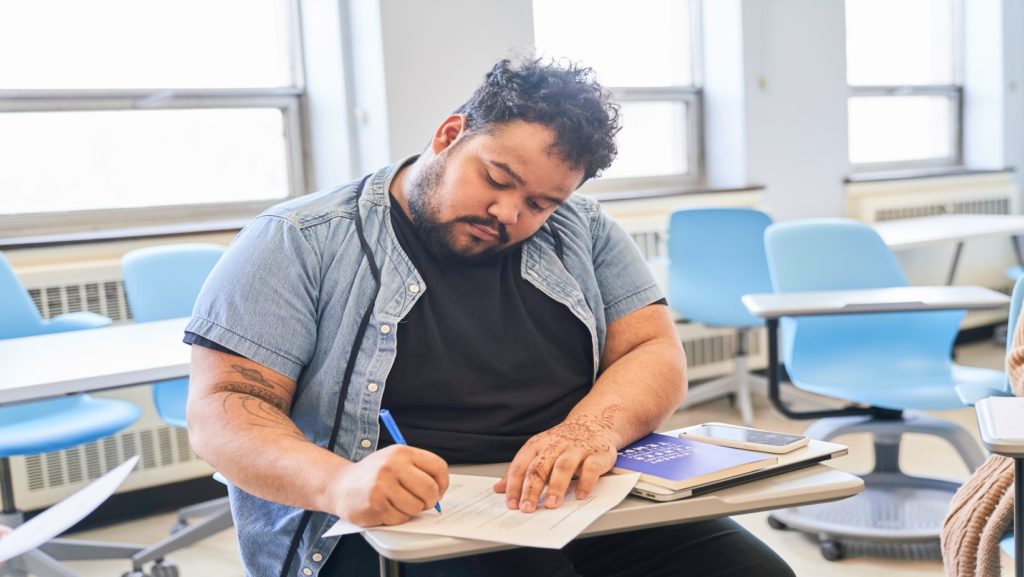The Glendon team is here to help you make the most of your experience on campus. Connect with other students within your program and across Glendon and Keele campuses, boost your learning journey and gain experience outside the classroom. Support your academic career with resources, services and communities that promote success and personal well-being.
Academic Supports
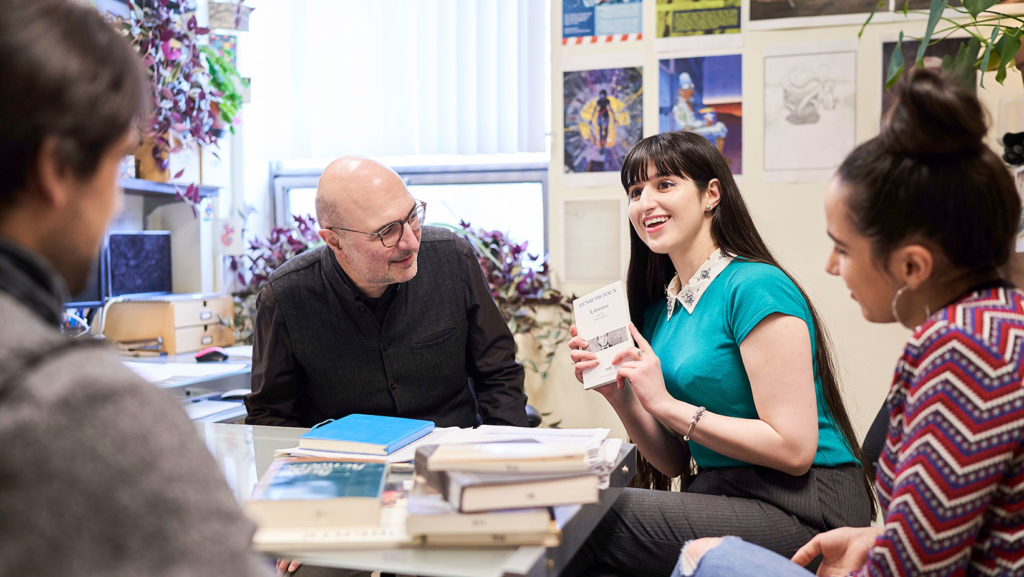
Academic Advising
Our team can answer any questions about your degree requirements, student record, academic status and petitions.
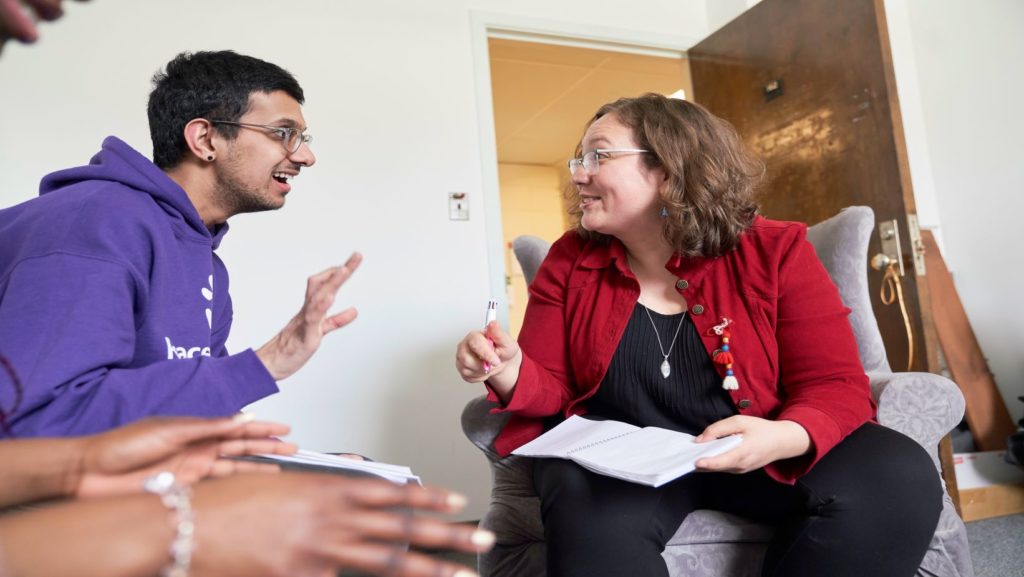
Accessibility Services

Language Resources
Get the support you need throughout your language-learning journey at Glendon
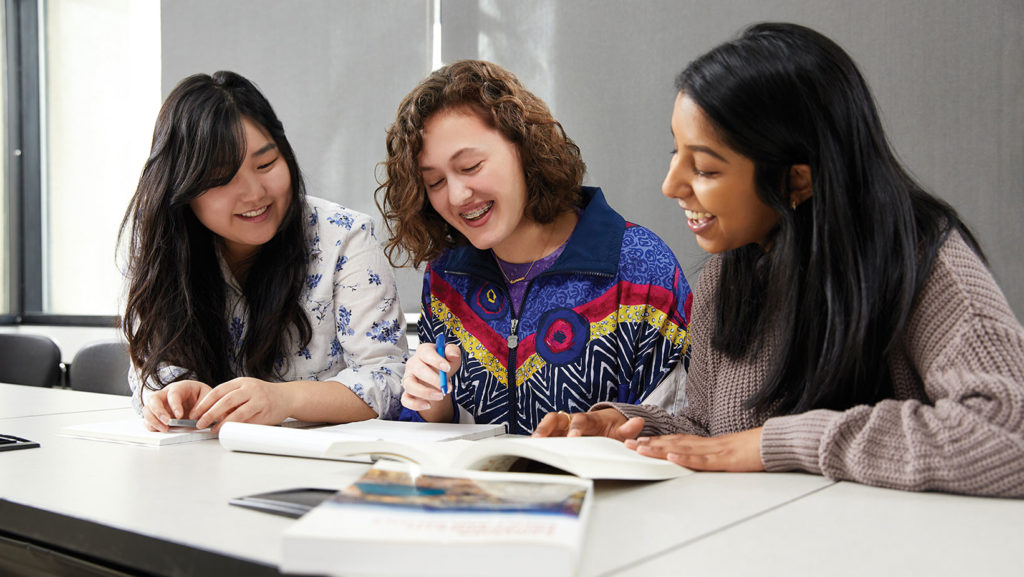
Student Planner

Degree Planning
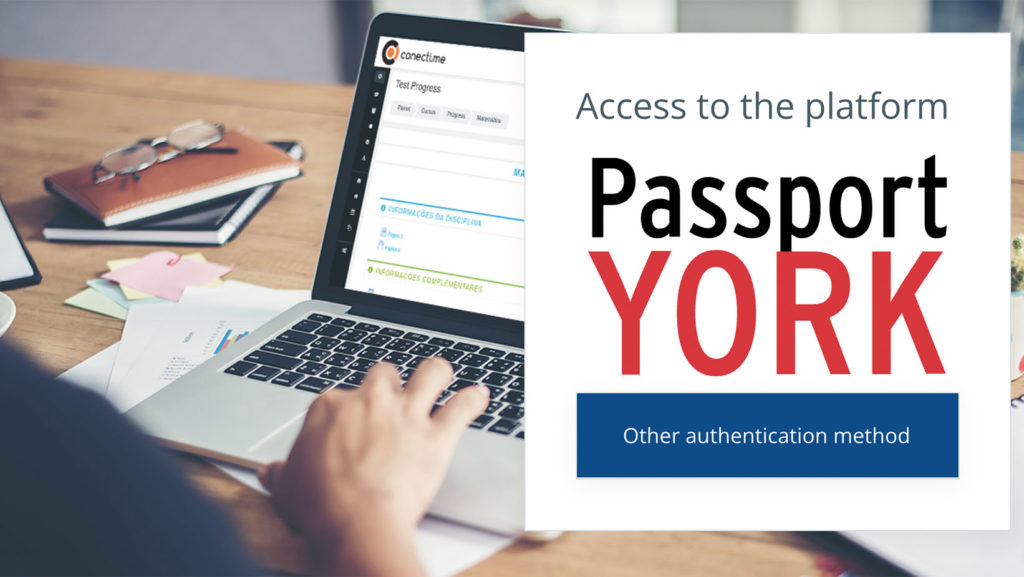
eClass
Gain online access to course content, submit assignments and engage in other activities.
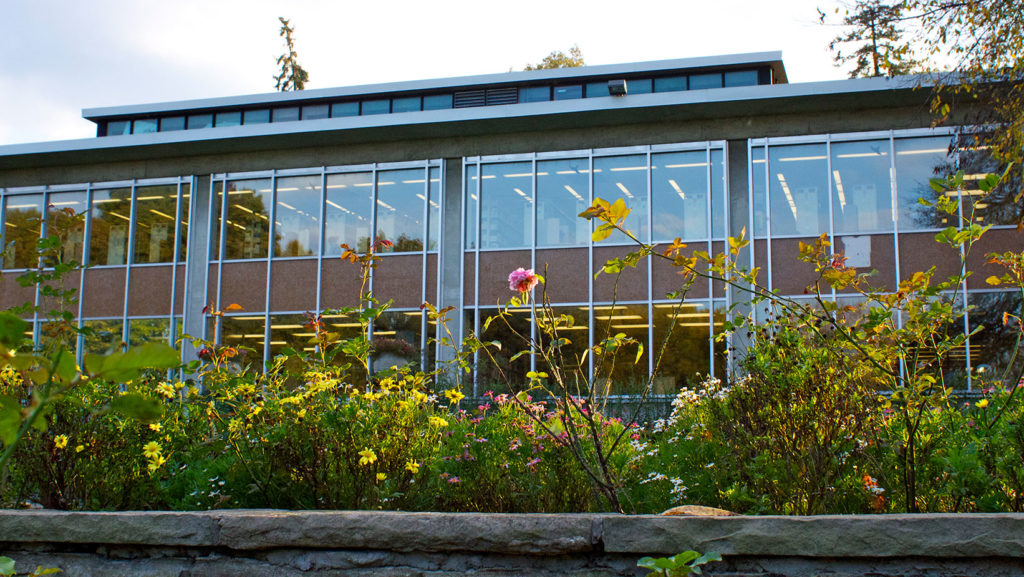
Find My Prof (faculty directory)
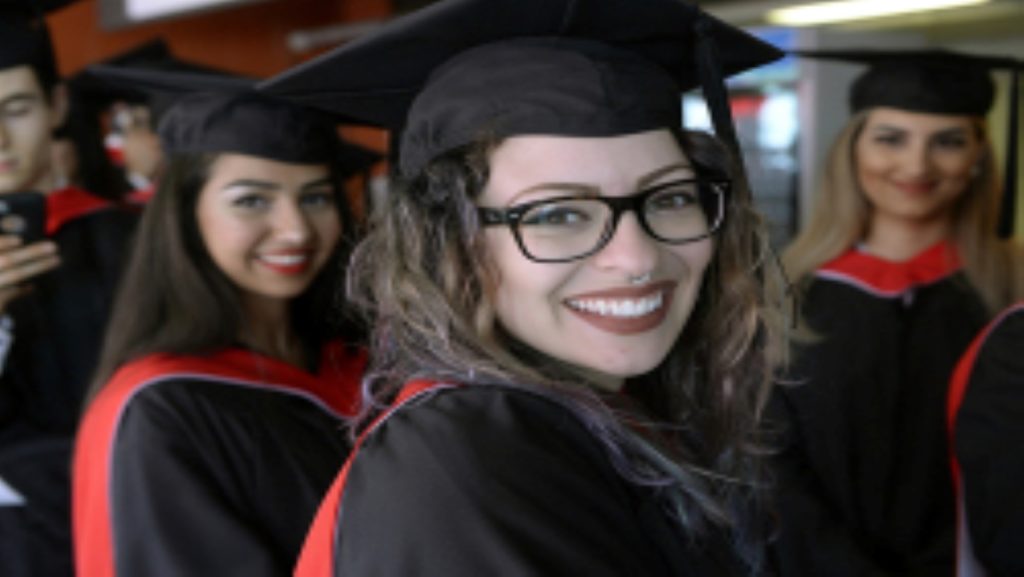
Apply to graduate
Financial Supports

Student Financial Services
Our office will help you manage your student account, make a budget and identify scholarship and bursary opportunities, and financial aids supports

Refund Deadlines
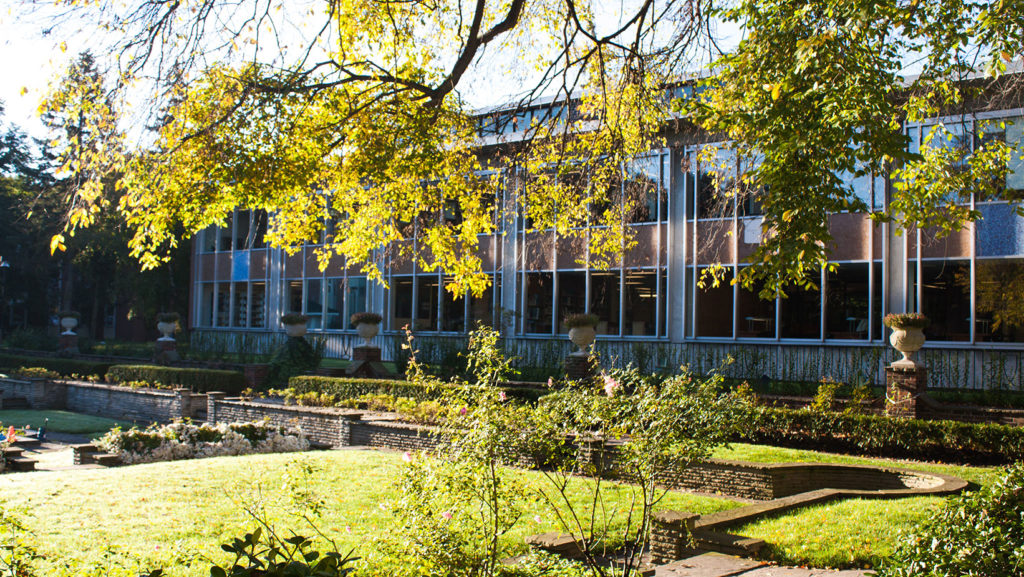
My Student Account
Wellness Supports

Counselling Services
Confidential services are available to undergraduate and graduate students.
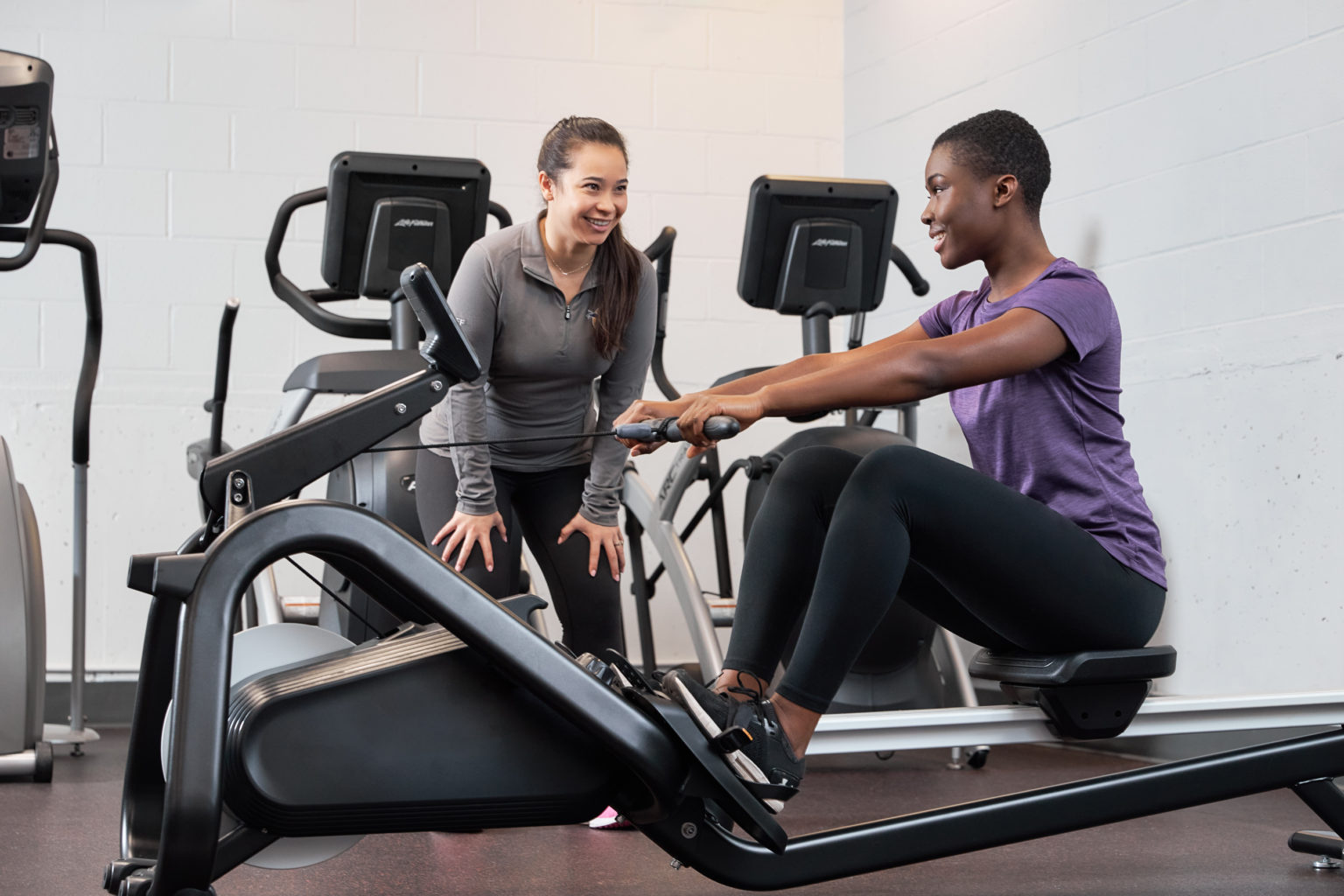
Gain Experience & Leadership Skills
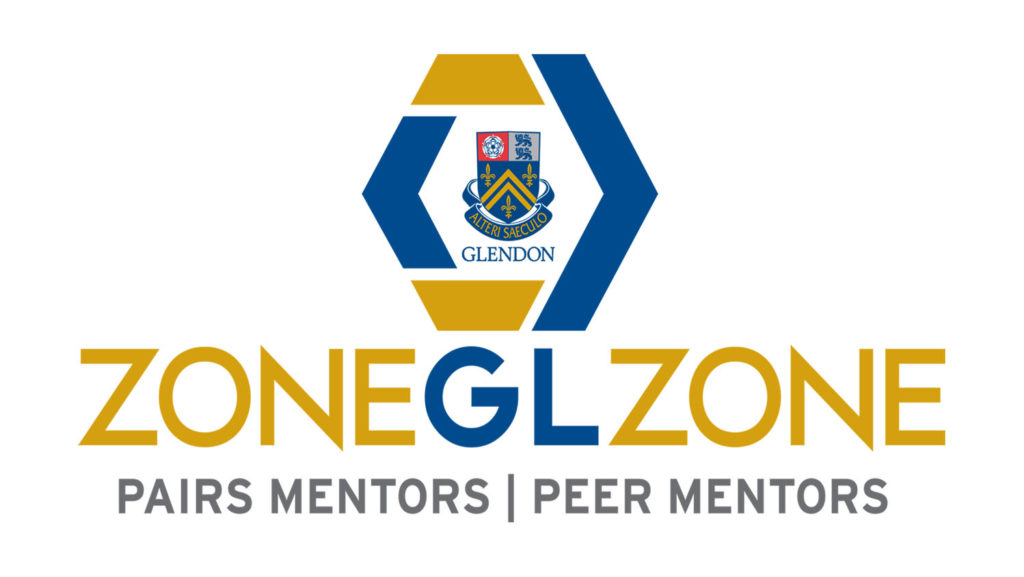

Hands-on Experience
Take advantage of the many practical experiences Glendon and Keele campuses have to offer.
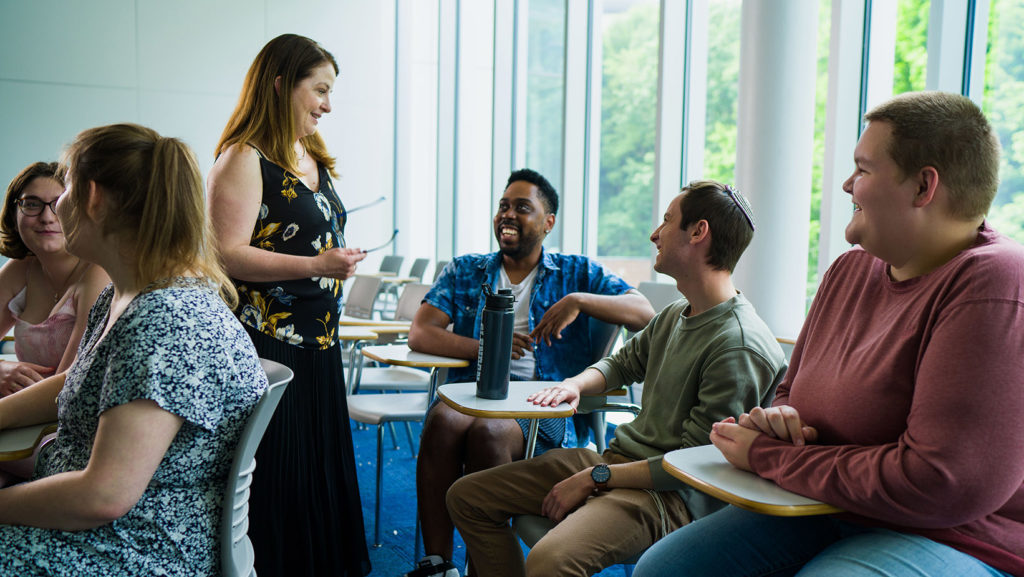
Career Centre
Check out the opportunities available, update your resume and get tips on how to ace that interview.
Academic Services
Glendon Campus
C102 York Hall
2275 Bayview Avenue
Toronto, Ontario M4N 3M6
General Inquiries (in person):
Monday to Friday
10:00AM - 12:30PM (EST)
1:30PM - 4:00PM (EST)
General Inquiries:
Wednesday
10:00AM - 12:30PM (EST)
Friday
1:30PM - 3:30PM (EST)



